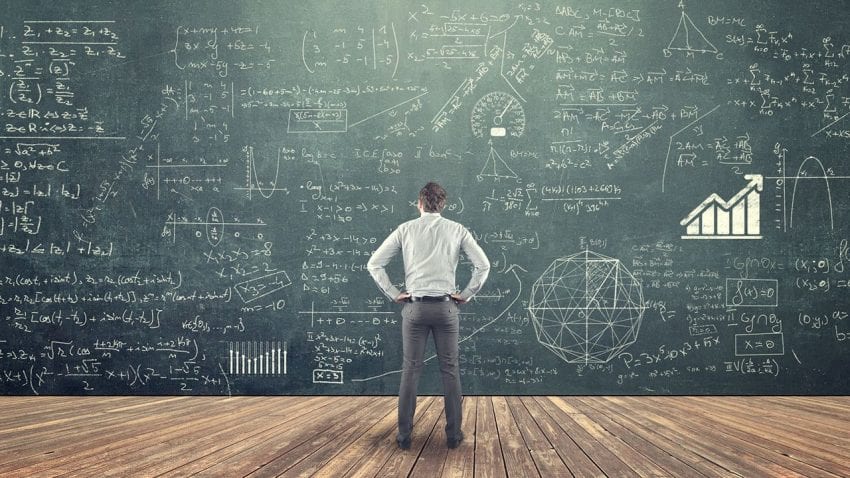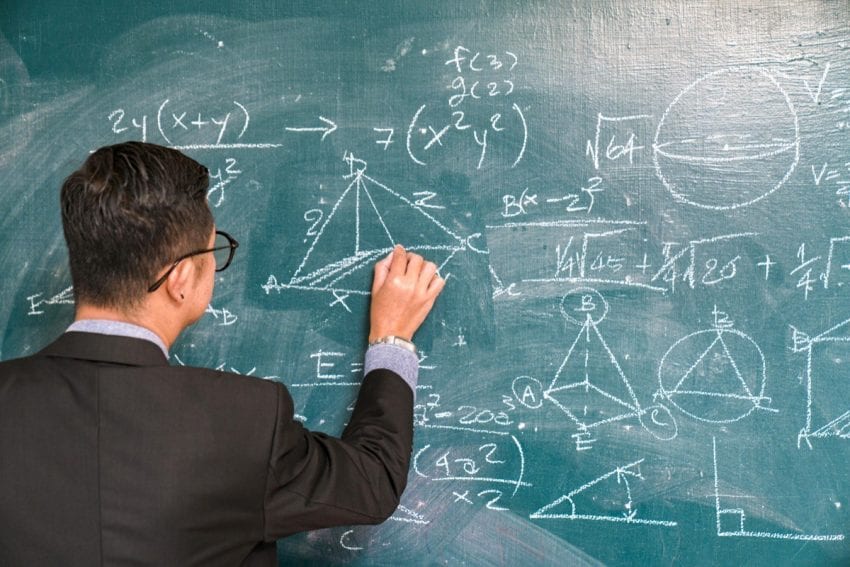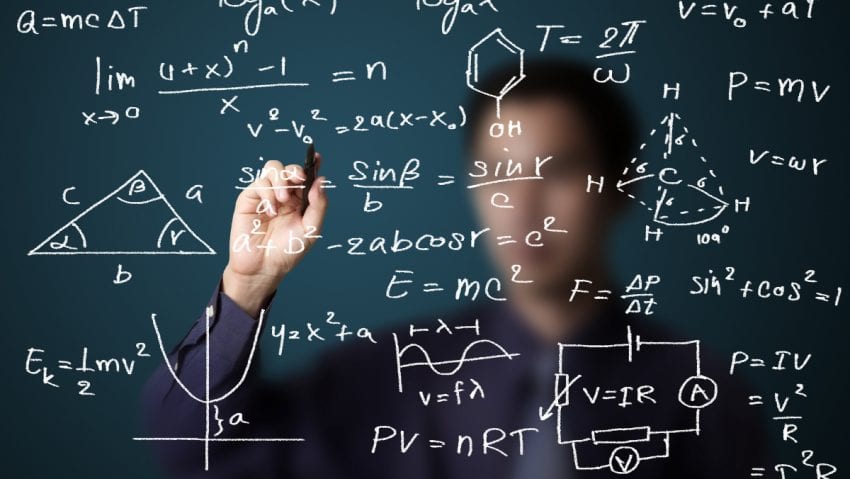National tests for assessment of mathematics teaching are able to identify serious failures in the assimilation of mathematical concepts by students of basic education. And these failures can be the cause of the great difficulties faced by university students in this discipline.
Without a well-built foundation, learning more complex content at the top level can be very tricky.
If that’s your situation, do not worry! We have selected 5 infallible tips to help you learn math without error. Keep reading!
1. Relate contents to real situations to learn math without error

It is a consensus among educators that learning is most effective when we realize its meaning and its usefulness. Thus, learning math without error can be much easier if the contents are related to the student’s reality. This linking facilitates the assimilation of concepts. Subsequently, formulas and rules will only be instruments of this content for the solution of problems.
2. Do not stop studying basic contents
Many college students make the mistake of starting to study college subjects believing that elementary school were well assimilated. However, if there has been a failure to construct the basis of basic mathematical concepts, the learning of more complex ones will be hampered. Therefore, overcome the anxiety of reaching the most advanced levels and, where necessary, revise the basic contents. Make summaries, solve exercises and ask questions. Then move safely to the next level. This will help you learn math without error.
3. Attend classes and do the exercises

In order to learn mathematics, it is very important to follow classes with assiduity. Attending to the explanations of someone who has mastered content will help you to better understand the logic of each situation and the processes that gave rise to formulas and rules. This, however, is not enough in this discipline. It is essential to resolve exercises to establish the knowledge acquired and to detect your doubts. For your exercise resolution to be productive, it is not enough to find the right answer. You need to focus your attention on understanding which concepts are being evaluated in each question and whether they have been well understood. Also, start solving easier issues first. If you succeed in them, gradually move on to the more difficult ones. This should motivate you not to give up practicing math.
4. Do not depend on the calculator
The calculator increases the agility of the exercise resolution. But its use without understanding the processes that gave rise to the calculations can hinder learning. Therefore, it is important that you do not become dependent on the calculator to solve problems. It needs to be your ally in the right moments, but without becoming an essential tool in your learning.
5. Finding good supportive materials

To consolidate your learning of mathematics, doubts can’t be overlooked. It is possible to solve them by finding good support materials, with which you can review concepts with lectures, problem-solving and more exercises. These resources can be found on online platforms, an interactive and organized environment to efficiently support the construction of mathematical concepts (as well as other disciplines). For the first step, you can open https://assignment.essayshark.com/math-help.html to understand mathematical exercises in a broader perspective.
By following these tips, for sure you can learn math without error and stop once and for all from passing tightness at the time of assessments.
Did you like tips? Leave your comment and tell us how you have overcome the challenges of the math!









